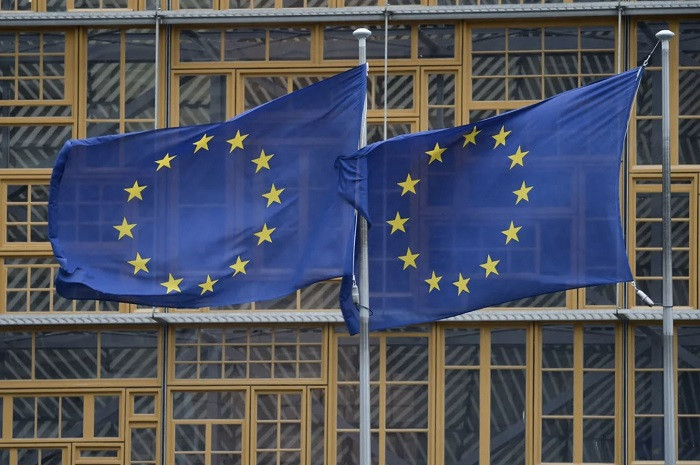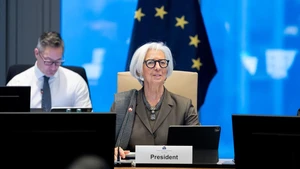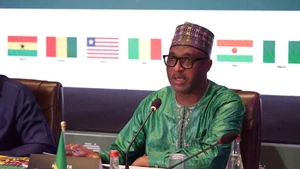The EU and its member states are pushing hard to decarbonise their economies to tackle climate change and shore up security of supply by developing a European green industry to avoid dependence on energy from any one country such as Russia.
The final law, which diplomats from EU countries will review on Wednesday, confirms a political deal reached with the European Parliament at the end of March.
The final text still needs formal approval from EU countries and the European Parliament - a step that is usually a formality that approves the deal with no changes.
The EU's existing target is to have a 32% share of renewable energy by 2030. The new law sets a binding new goal of 42.5%, and says member states should aim for 45%.
In the transport sector, the law would require member states to reach at least a 29% share of renewables or cut the greenhouse gas intensity of their transport sector by least 13%.
For industry, EU states will need to increase renewable energy use by 1.6% a year. By 2030, 42% of the hydrogen used in industrial processes must be derived from renewable energy, rising to 60% by 2035.
Talks were tense after a French push to allow hydrogen produced by nuclear to be included.
In the final version, the EU agreed that countries can cut their renewable fuel targets for industry by 20%, if less than 23% of their hydrogen is produced using fossil fuels in 2030 - a move that gives a boost to countries using nuclear energy to push out fossil fuels from their energy mix.
















